Ever since Netflix began developing original programming, we’ve seen shows like Stranger Things and The Umbrella Academy take off in the cultural zeitgeist with season after season, and we’ve seen others, like First Kill and I Am Not Okay With This, that were given the boot after just one round in the queues.
Now, depending on your fandom loyalties and media literacy, the cancelation of some of these shows was either an unforgivable injustice for which Netflix will probably face your wrath in due time, a disappointing but acceptable development, or the greatest riddance in the history of entertainment.
But, of all the one-season casualties put out by Netflix over the years, there’s just one show that boasts the bizarre combination of being an absolute masterclass in entertainment, and being a series that left me cheering when I got the news of its cancelation; that show is Teenage Bounty Hunters.
For those of you not in the know, Teenage Bounty Hunters stars Maddie Phillips (Gen V) and Anjelica Bette Fellini (The Gifted) as Sterling and Blair Wesley, twin high schoolers who accidentally get roped into the world of bounty hunting after crashing their father’s truck into a runaway skip, who they help veteran bounty hunter Bowser Jenkins (Kareem Hardison) capture moments later. In need of money to fix the truck, Bowser recruits them for more jobs, and shenanigans ensue.
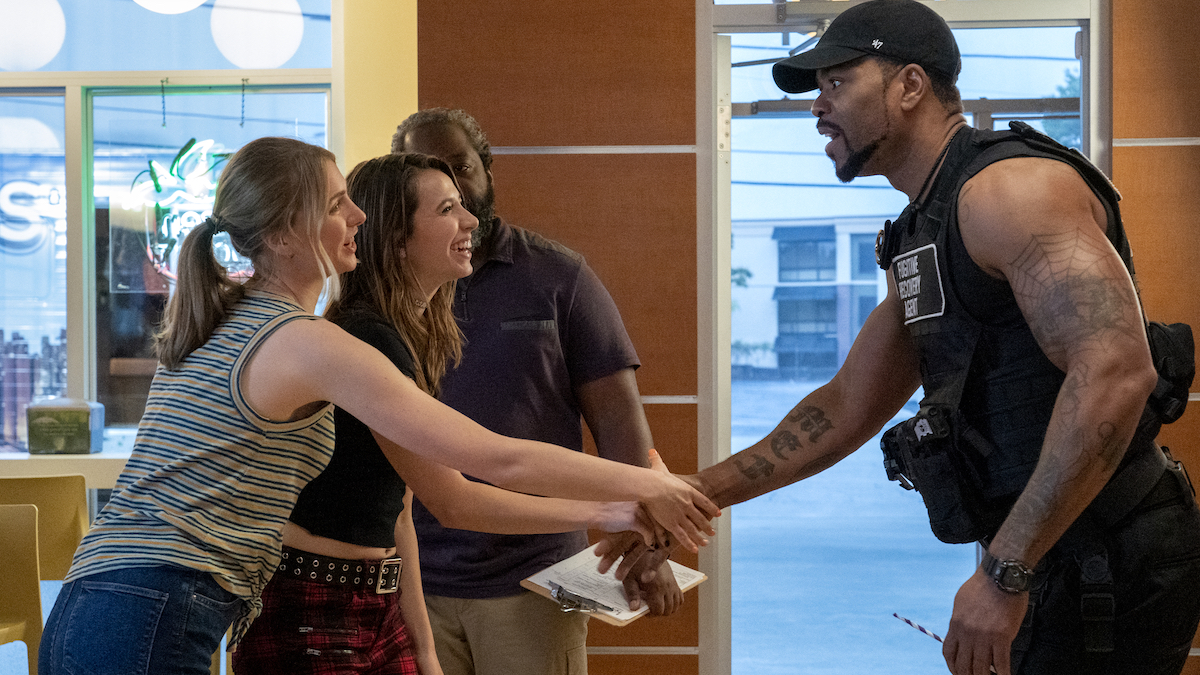
I’d say it’s no less than a cold, hard fact that Teenage Bounty Hunters is the most expertly-crafted, comic book-brushed teen dramedy out there, mostly on account of it being one of the only distinctly comic book-brushed teen dramedies out there, but in no way does that cheapen its artistic accomplishments.
Beyond the show’s obvious magnetism that comes from its delightful dialogue and the inch-perfect chemistry between Fellini and Phillips, showrunner Kathleen Jordan and the rest of the creative team knew exactly how seriously to take themselves at every turn; indeed, one would be forgiven for thinking that Teenage Bounty Hunters was a comic book adaptation, since it hits all of the genre’s necessary marks to sparkling perfection, whether it’s the exaggerated characters — from the anxious, pouty Sterling to the more subtle, curmudgeonly Bowser — or the sublimely-captured heightened reality one would need to build in order to tell a story as gut-busting, action-packed, and surprisingly dramatic as this.
Its merits don’t just end at knowing how to tell a story about teenage bounty hunters, though; the way in which Teenage Bounty Hunters plays with its setting, namely upper-class Atlanta, compounds its narrative foundation masterfully. Watching the sheltered protagonists try and navigate their way through college parties, conservative neighbors and family members, and their own biases that come from growing up rich and Caucasian makes for scenes that breathe even more kinetically than the last, while also ensuring that Sterling and Blair are likable enough to cheer for, but also just unlikeable enough to work fantastically — and crucially — as casualties of the show’s consequences, both comedic and dramatic, without any real drawback to the viewer’s enjoyment of the show.
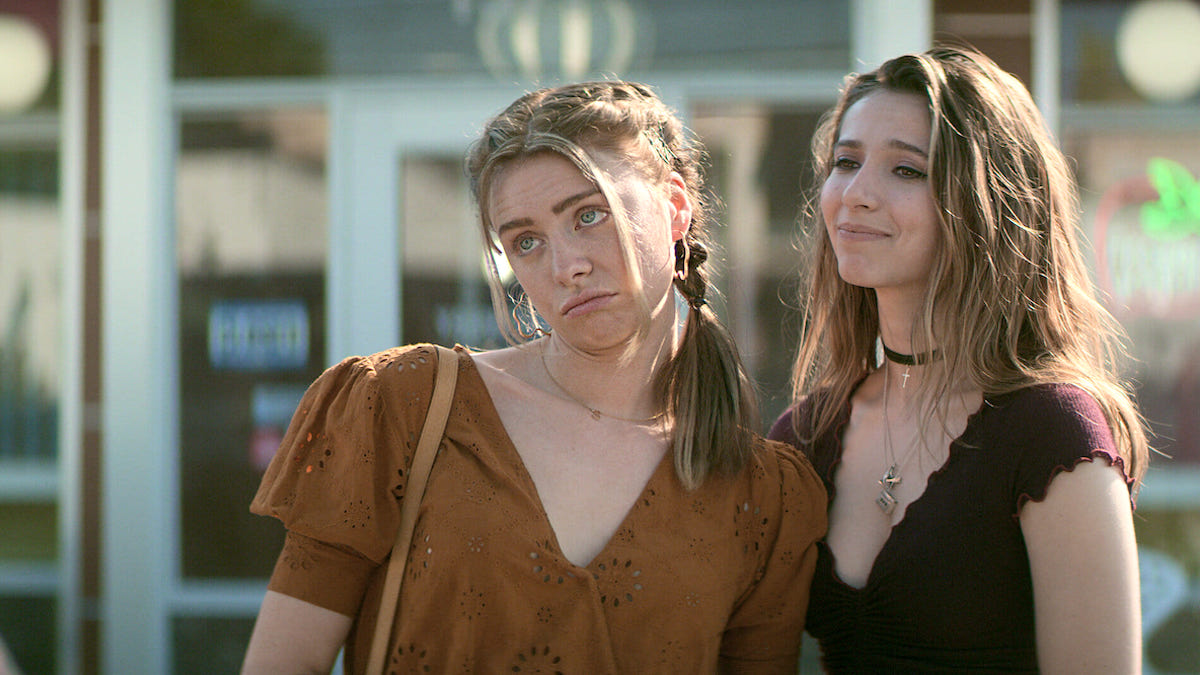
So, we’ve established that the faults with Teenage Bounty Hunters are something of an endangered species, and it should be apparent to you by now that I loved the show then, and I still love the show now. You may be surprised to know, then, that I didn’t shed a single tear when it got canceled after its first and only season; in fact, all the steel wool in the world couldn’t have wiped the grin off my face after I got the news.
The reason for that is the show’s ending, which, if I were a routine cynic, would have made me lose all respect for Teenage Bounty Hunters in the blink of an eye.
Warning: Spoilers for Teenage Bounty Hunters ahead.
In the show’s 10th and final episode, Dana Culpepper, the twin sister of the protagonists’ mother Debbie and a fugitive of the law being hunted by Bowser, kidnaps Sterling after Debbie stops secretly helping Dana evade the law in exchange for staying away from her family. A chase scene and gunfight ensue, and Sterling and Blair are eventually reunited as police cars begin to arrive and Debbie holds Dana at gunpoint. But, Dana then turns to Sterling, revealing that she’s her true biological mother rather than Debbie.
And as all the main characters gaze at one another, faces full of fear, confusion, and some other third emotion, the season ends.
If there was ever a cheaper, more amateurish, lazier, or more predatory way to end a season, I don’t know what it is, but I simply cannot forgive Teenage Bounty Hunters for ending its first (and, evidently, only) batch of episodes the way it did.
The ending of Teenage Bounty Hunters grossly fumbles the fundamentals of ending television seasons on cliffhangers; any writer worth their salt knows that, if you want to leave on a cliffhanger, you have to wrap up the main conflict of your current season before planting/playing up the seeds of the next season’s conflict, the resulting questions of which serve as the cliffhanger portion of the cliffhanger ending. That’s proper, good-faith storytelling 101.
To that point, Teenage Bounty Hunters‘ ending would have worked perfectly as the ending of the penultimate episode, given that it’s the high point of the show’s tension and would therefore have teed up the final episode to resolve that tension and subsequently end the season’s main conflict on a respectable note. But, it was the ending of the final episode, meaning we were left with an unfinished story of which — now that it’s been canceled — we’ll never have the satisfaction of knowing the end.
So why don’t I want to see more Teenage Bounty Hunters? Why don’t I want that satisfaction? Because I don’t want to see this heinous failure of an ending get rewarded in the form of a second season. There are two possibilities at play here: either the writers truly didn’t understand one of the most basic aspects of episodic storytelling, or they were cocky enough to believe that a second season was all but guaranteed for them and went with that predatory cliffhanger thinking that people would flock to season two to get the conclusion we were left desperate for in season one.
Given how well just about every other aspect of the show is, I have no reason to believe that the ending was a result of incompetency, so I can only imagine that the latter theory is true, and I simply cannot and will not cheer for such conceited, vainglorious attitudes. Whatever the case actually is, that cliffhanger was one of the most outrageous abuses towards the concept of creativity I’ve ever seen, and watching the show get canned by Netflix was an instance of karmic poetry in motion that I still remember fondly to this day.
Rest in peace, Teenage Bounty Hunters; you were the best of them until you weren’t.

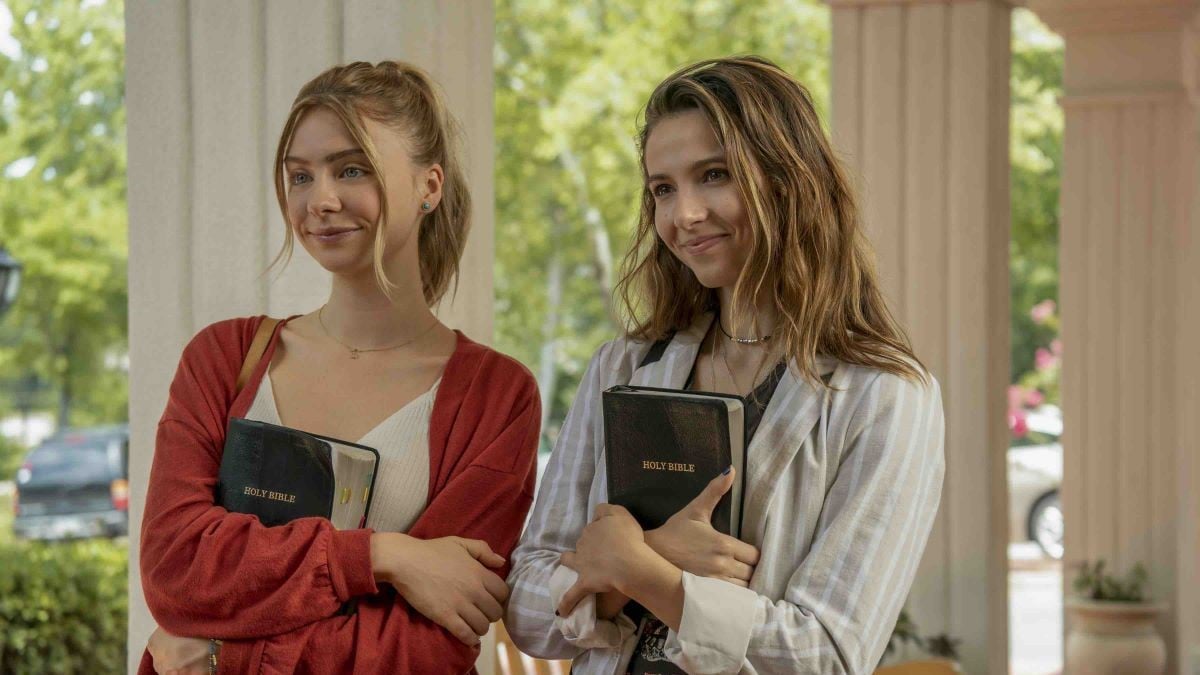
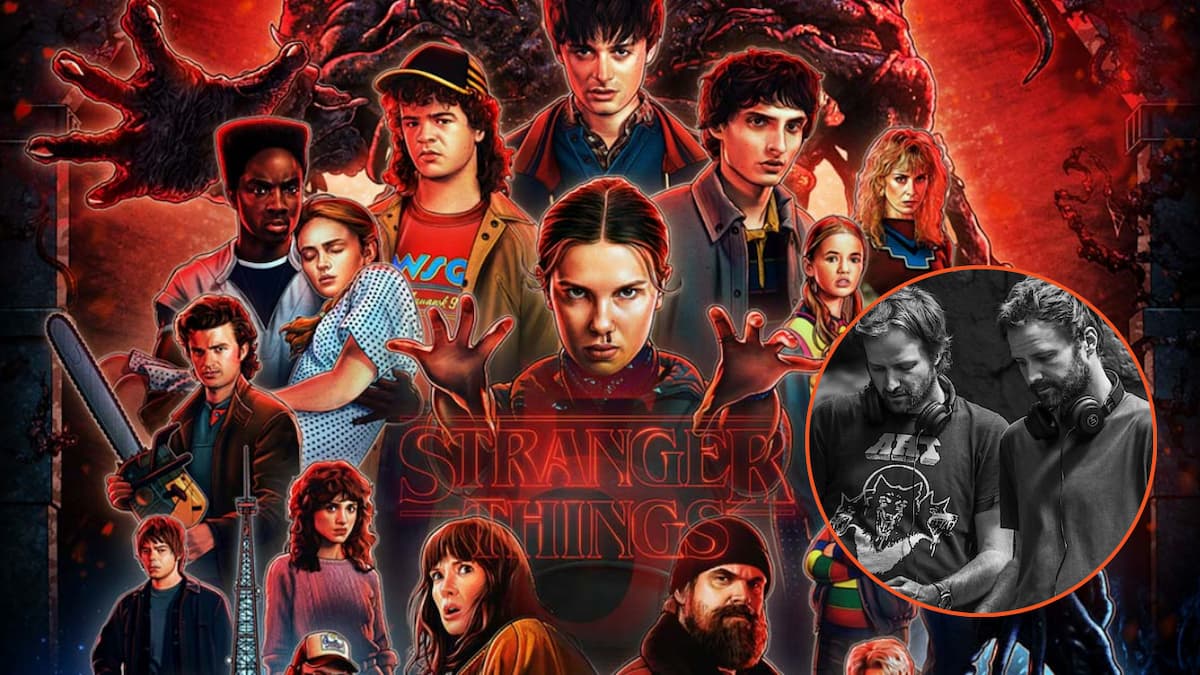
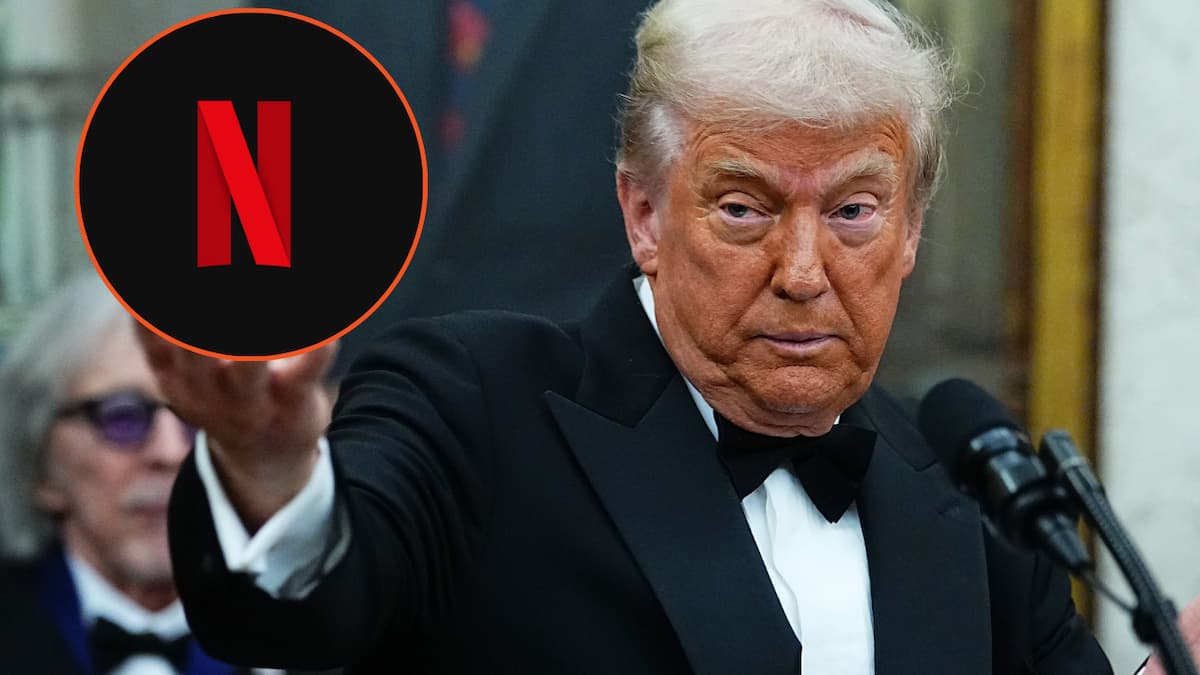
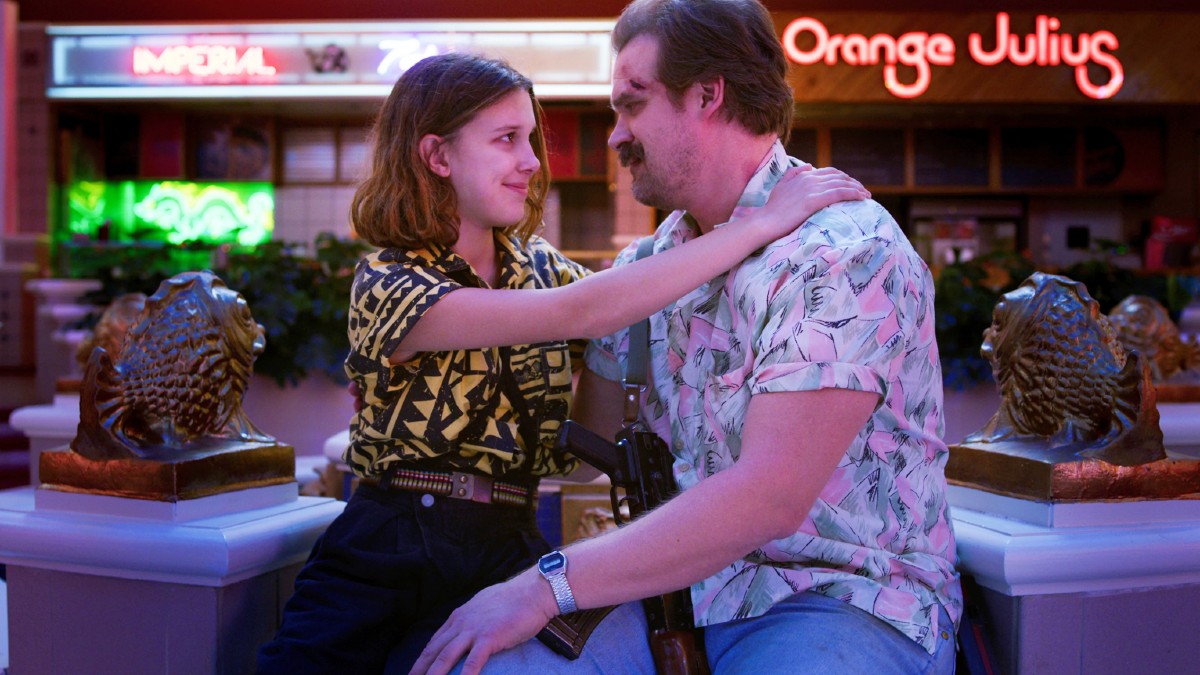
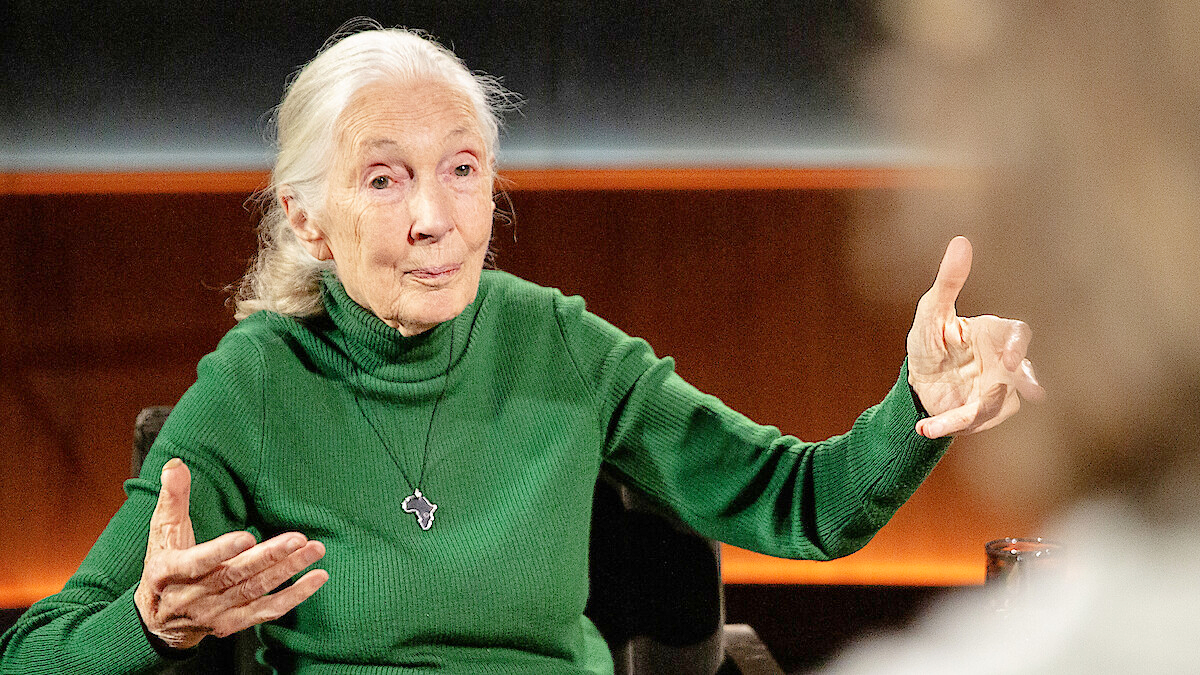
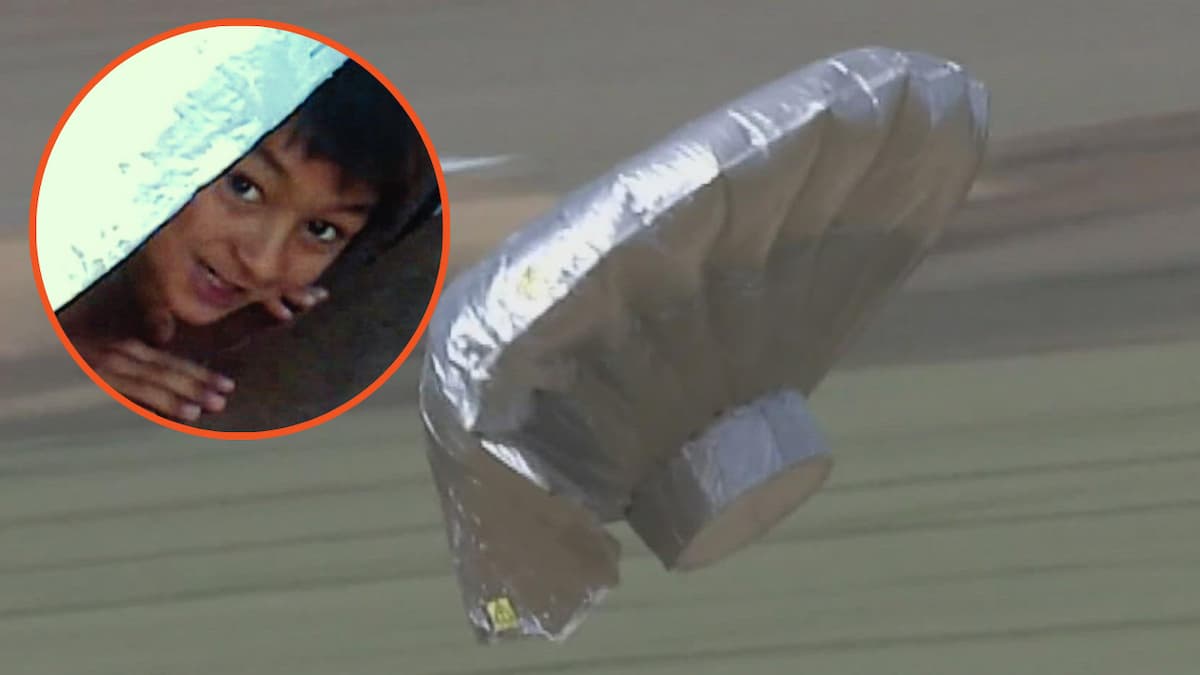
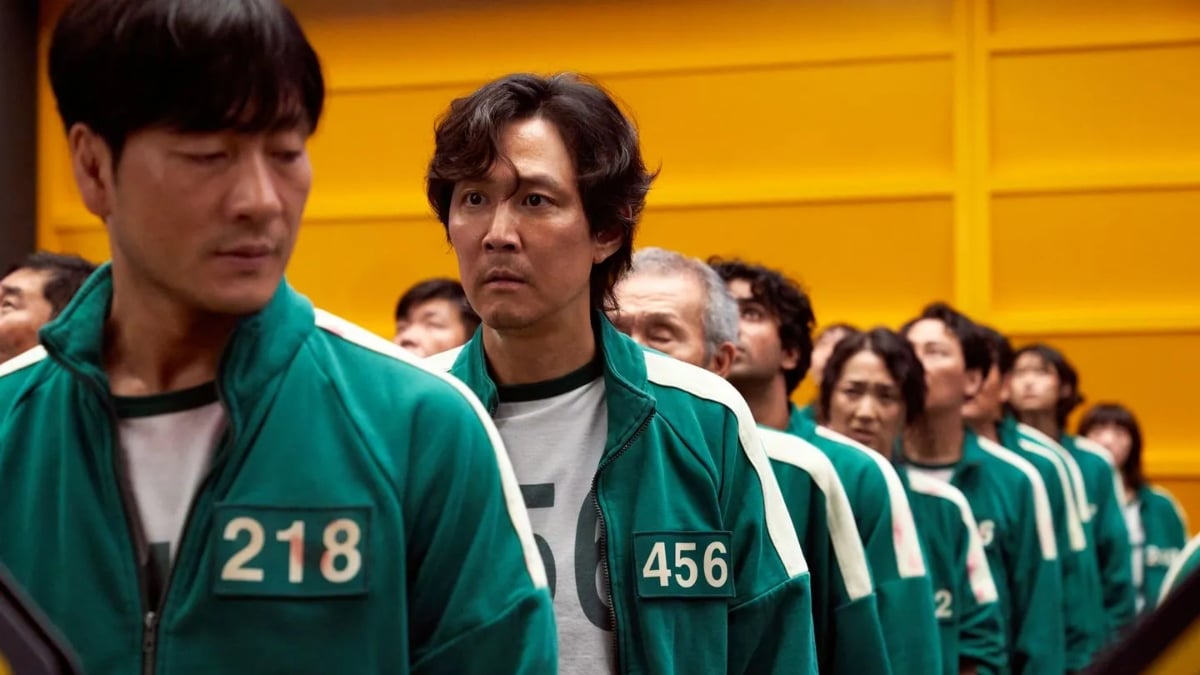

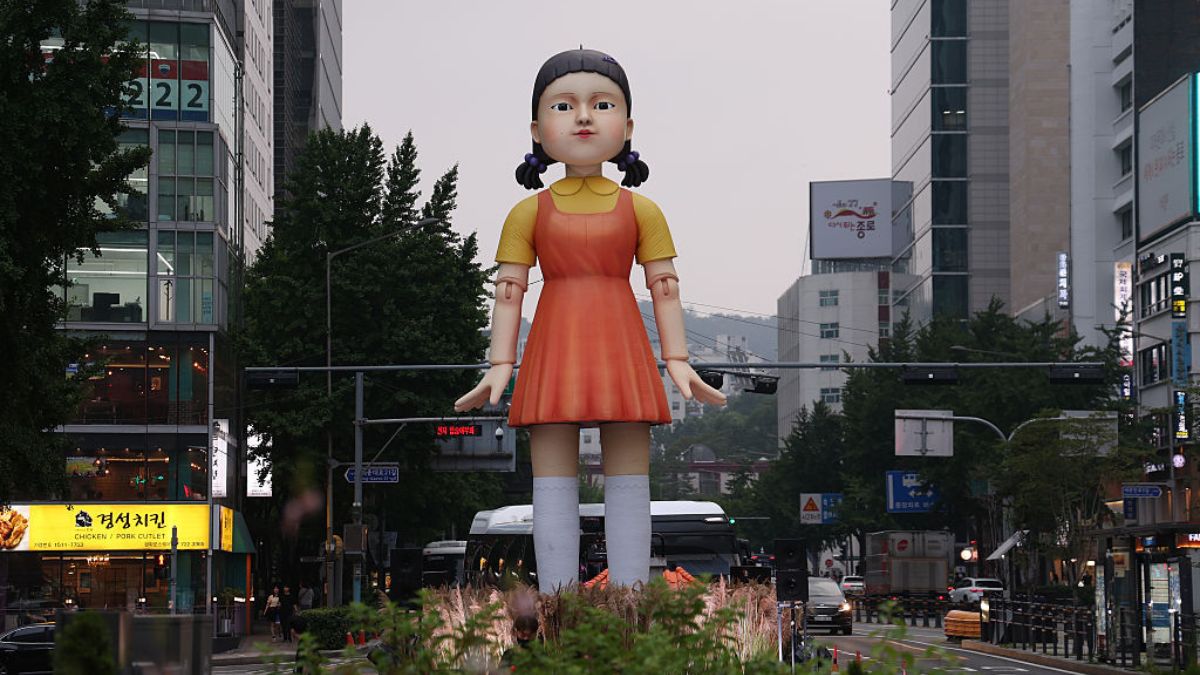

Published: Aug 30, 2023 03:14 pm